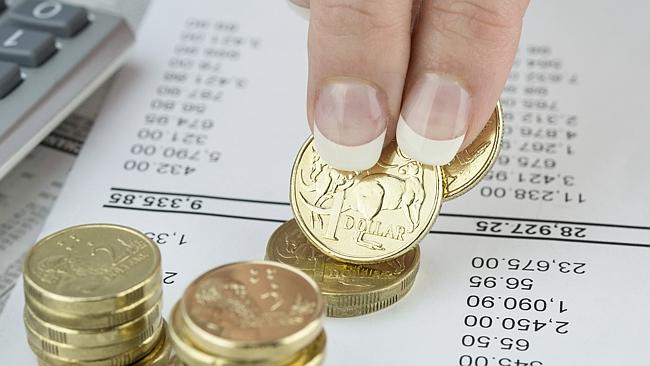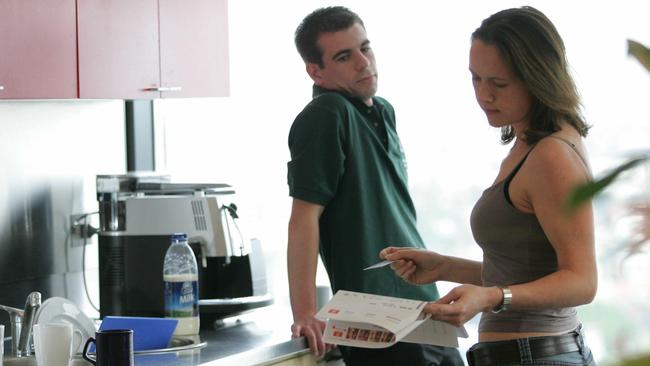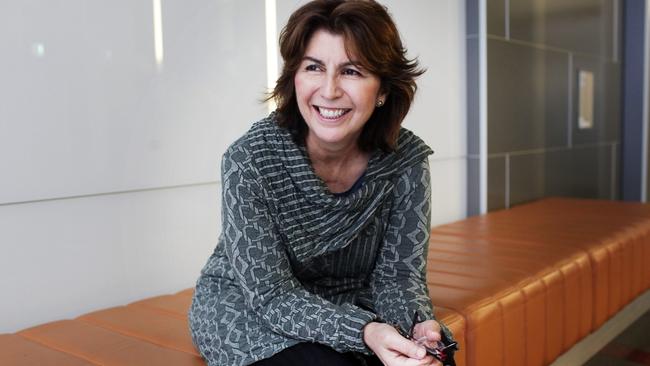Financial experts reveal simple ways to save lots of money
FORGET the dustpan. This spring clean could save you thousands of dollars. Here’s 10 quick tips to good financial health.

AUSTRALIANS could put hundreds of dollars a week into their pockets by giving their finances a spring clean.
Financial experts have revealed 10 simple ways for readers to snag a windfall of cash that would otherwise pass them by.
1. ATM FEES
Australians threw $627 million away in ATM fees in the 12 months until June, forking out unnecessary costs for using foreign-owned ATMs.
FULL STORY: Australians pay $627 million in ATM fees
Financial services firm Canstar’s research manager Mitchell Watson said there are plenty of transaction accounts available that offer free ATM use.
“Use your own bank’s ATM network or use EFTPOS at the supermarket to get money out for free,’’ he said.
“If you are routinely using other bank’s ATMs and incurring fees there are other cards out there that won’t charge a fee for it so look for one of these deals.”
2. CREDIT CARD DEBT
In June this year Reserve Bank of Australia figures showed Australians owed $49.8 billion on credit and $34.7 billion is accruing interest.
MORE TIPS: How to crush credit card debt
Mr Watson said cardholders who have revolving debt should look at getting a balance-transfer deal and maximise a honeymoon no interest-free period.
“Look at how long the balance-transfer period is for, look at the rate during that period and what is the rate once that period finishes,’’ he said.
Credit card interest rates can range from about nine per cent to more than 20 per cent.

3. DIRECT DEBITS
Contact your bank and request a list of all the direct debits from your account.
Check each one and make sure you still require the regular amounts to be debited from you account, but if not cancel any debits that you don’t need, such as a gym membership.
4. INSURANCE CHECK-UP
Check what your policies include and see if you can cut costs.
If you have private health see if you can scale back on your policy charges for unnecessary expenses such as obstetrics if you have finished having a family.
5. MORTGAGE
Fixed rates are at record lows — Canstar’s database shows the average three-year fixed rate is 5 per cent compared to the average standard variable rate of 5.42 per cent.
Mr Watson said there is no better time than now to review your mortgage and potentially shave thousands of dollars of the cost of your loan.
“You can always make your home loan 50-50 each way by fixing half and leaving the other half variable,’’ he said.
Customers should also contact their lender and ask for a better deal — if you’re on a variable rate you should not be paying more than five per cent, the rate should have a 4 in front.
6. CONSOLIDATE SUPER
There’s $18.2 billion in lost super in Australia hovering in more than 6 million accounts resulting in many people paying unnecessary money in fees and insurance.
The Association of Superannuation Funds of Australia (ASFA) chief executive, Pauline Vamos, said Australians should accumulate their accounts.
“Consolidating your accounts can boost your retirement savings by thousands of dollars, which can make a real difference to your lifestyle when you retire,’’ she said.
Visit the Australian Taxation Office’s SuperSeeker website to do this.

7. TAX TIME
Australians have until October 31 to lodge their tax return if they are doing it themselves.
This could result in a nice little bonus if you qualify for a refund.
8. GET YOUR RECEIPTS IN ORDER
Get out a shoebox now and start collecting all your receipts for the 2014/15 financial year.
This will make tax time easier next year and potentially result in you getting a bigger tax return.
9. SAVE FOR YOUR CHRISTMAS HOLIDAY
The festive season is looming fast and Shadforth Financial Group head of advice John Barton said it’s time to stash some cash so you can afford an enjoyable break.
“Ensure you have the cash ready for your holiday instead of racking up a credit card bill,’’ he said.
“Start booking pieces of your holiday now.”
10. WRITE A BUDGET
Mr Barton said it’s critical to work out your ingoing and outgoing costs.
“Everyone hates it but it’s essential,’’ he said.
“Are you buying lunch or could you take lunch to work, it’s simple ways like that to save money.”




